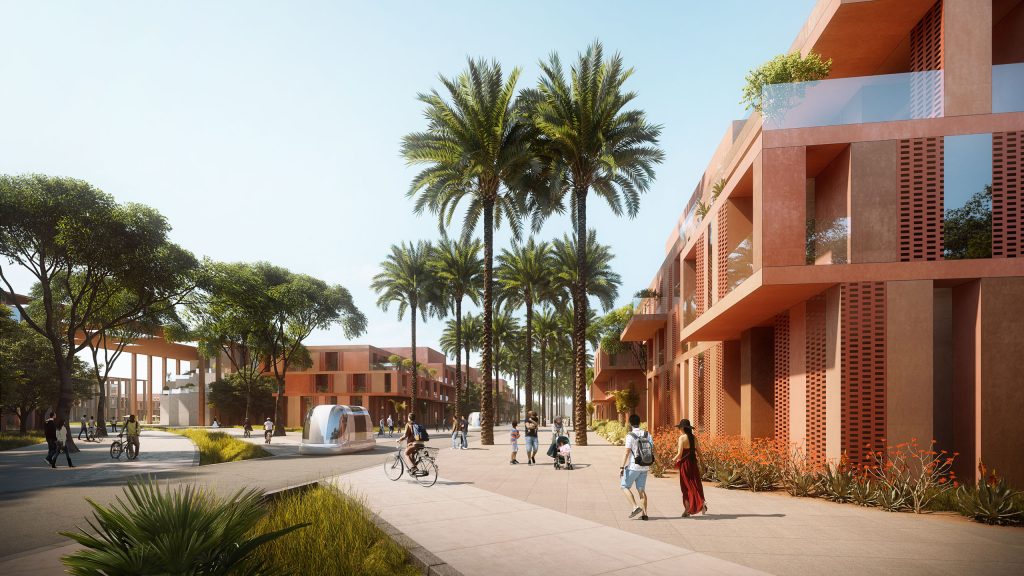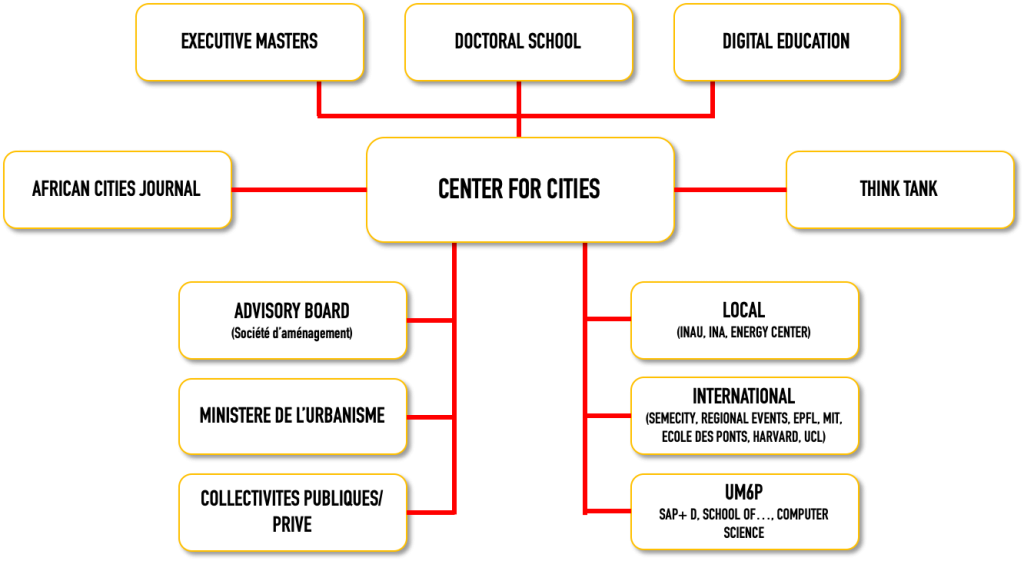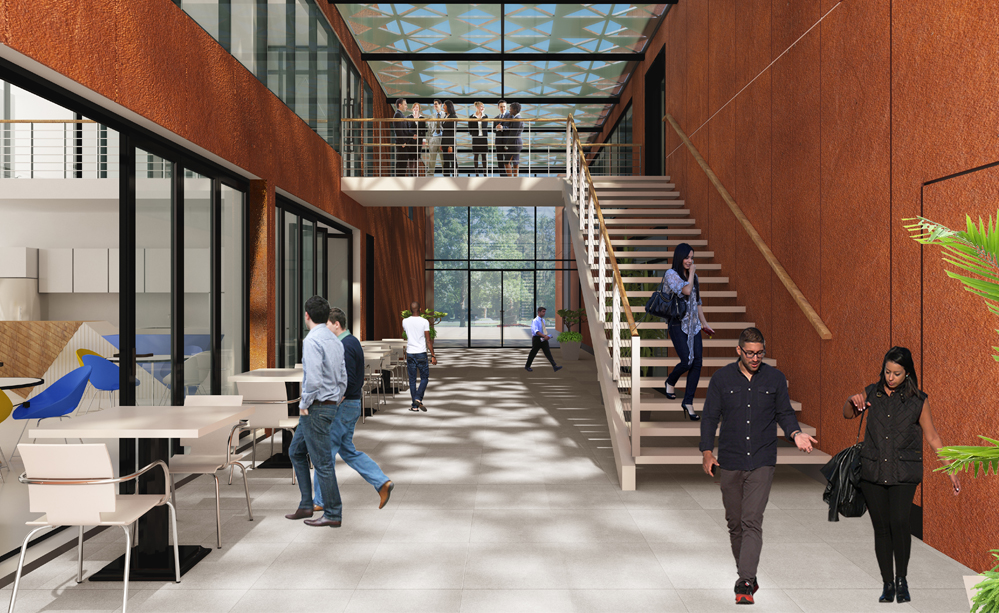Global context & challenges
Over the next two decades, Africa (particularly sub-Saharan Africa) will experience a very strong demographic surge, which should correspond to more than 860 million new city dwellers. The population and surface area of cities will double in one generation. This represents a major challenge, both spatially and socially. While urbanization is a global trend, the challenges will be greatest on the African continent.
In addition, a new urban revolution – the digital revolution – is profoundly transforming the way we manage and design cities. It offers new opportunities (new types of data (perception, real time, opinions, ideas) and a new quantity of data (big urban data). For example, over 90% of the world’s data has been produced in the last 2 years.
The paradox is that when it comes to urban issues, vast quantities of data are produced, but nobody – or almost nobody – knows how to process it, or how to understand its potential, so the tools are sorely lacking.
The most innovative projects in the field of urban data show a fascination for methods and technology, and citizens are tending to drift further and further away: ever more connected, but ever more distant. The social question is a priority, and we need to put technology back at the service of city-dwellers, not the other way round.
Currently, these digital issues for cities are taking place in a context where professionals are poorly structured, poorly trained and few in number, unable to meet the growing challenges posed by digital urbanization.
The city is therefore cruelly lacking in reflection, professionals, tools and innovation, even though it is one of the main drivers of the world’s economic dynamism. Traditional urban management will soon be outdated and a need for reinvention is necessary. New professions are appearing without cities being able to take them into account in their practice.
Specific Objectives :
- To train the future actors of the city capable of responding to the challenges that await the professionals of space in a digital revolution.
- To become the place of reflection on current and future Moroccan cities and on the entire African continent.
- Promote excellence in urban systems engineering by structuring the actors in the field.
To achieve the objectives, it is necessary to first :
- Establish the ecosystem necessary for a center of urban studies.
- Train future teachers.
- Position itself on the international scene.
About
About
Objectives
- Change the angle of view of urban studies research in Africa, i.e., resolutely position research in the digital, data, and quantitative fields, but with a societal viewpoint, which gives it added value compared to other research on the continent and in the discipline of urban studies.
- To test new methods and put big data at the centre of reflections on the resolution of complex urban problems, and thus gain visibility through innovative methods.
- Position on the polytechnic vision as a central element of the centre.
- CUS’s objectives include training future urban players, reflecting on cities in Morocco and Africa, and promoting excellence in urban systems engineering.
Mission
CUS is a center dedicated to research, education, and innovation in urban science. It uses Living Labs as a research and classroom environment to train future urban leaders and find innovative solutions to complex urban problems. CUS focuses on four pillars: research, education, expertise, and innovation, all aimed at improving urban management and citizen well-being.
CUS transforms data collected by Living Labs to make them sustainable, viable, supportive, and cost-effective.
CUS will train the next generation of urban systems engineers.
Vision
CUS aims to become a leader in education, research, and innovation in urban science, using Living Labs to train future urban leaders and find innovative solutions to complex urban problems. The CUS seeks to improve urban management and citizen well-being by transforming data collected by the Living Labs to make them sustainable, viable, supportive, and cost-effective. It will also strive to train the next generation of urban systems engineers, stimulate thinking about Morocco and Africa’s cities, and promote excellence in urban systems engineering. To achieve these goals, CUS must create an ecosystem for a school of urban systems, train future teachers, and position itself on the international stage.
Our vision integrates theory, project management, expertise, and innovation, focusing on the contemporary challenges of urban development. This integration not only encompasses urban innovation but also extends to innovative approaches in teaching, thus aligning with the digital, data-driven, and quantitative focus of urban studies research in Africa.

Research topics
Research topics
The topics of the CUS, in a non-exhaustive way :
- Digital development
- Resilient infrastructure
- Smart and sustainable cities
- Smart mobility and transportation
- Smart energy systems
- Health and comfort inside buildings
- Food security and Urban agriculture
- Spatial public health
- Environmental modeling and monitoring
Pillars
Pillars


Outcome
Outcome
- New collaborative policies for territorial development, mobility, health
- Production of a new standard in urban data
- Innovation and global excellence in the field of urban studies
- Contribute to the dynamics of human development of Moroccan and African society
- The Center becomes a continental leader in the development of urban management products
- The center is an international platform where African researchers, but also from other continents, will come to spend a few weeks, months or even years in a stimulating environment
- Training of high level researchers who will be able to teach in the future School of urban systems and in other universities.
